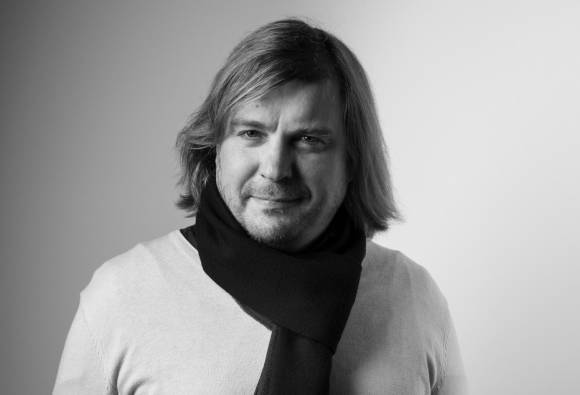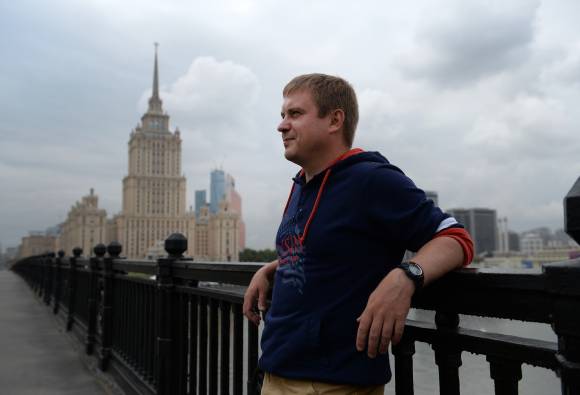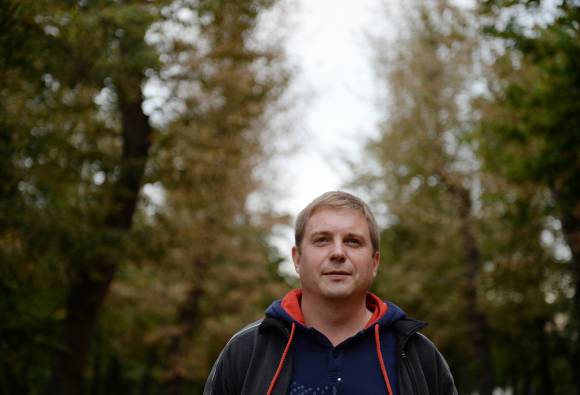
Opening ceremony of festival: Sergej Lebedev
Dogodek bo potekal v Klubu Cankarjevega doma, kamor se bo Sergej Lebedjev oglasil v spletnem prenosu. Pogovor bo vodil Andrej Stopar.
Pogovor bo v ruskem jeziku, poskrbljeno bo za tolmačenje v slovenščino.
Dogodek bo potekal v hibridni obliki - v živo v Klubu Cankarjevega doma in v spletnem prenosu na YouTube kanalu.
Sergei Lebedev opens up new land in literature. His prose lives on precise images and the authors colossal gift of observation. Der Spiegel
The novel Oblivion is an emotionally taxing story of the life of a mysterious blind man, whom the narrator, the man’s little chosen one, calls Grandfather II. A condensed and poetic narrative about exploring a silenced past takes us through the most secretive and dark chapters of the Soviet history, while at every step of the way, we are faced with the banality of evil, embodied by the blind »grandfather« – a former head of the prison camp. The masterpiece is an exciting intertwining of a family saga, travelogue and chronicle with elements of thriller, and the author with his subtle gift for observation and description, has found on how to bring back to life what has been destined to be forgotten.
The novel was translated by Sara Špelec.
Sergei Lebedev (1981) is Russian geologist, essayist, journalist and writer. He participated in several expeditions to the North of Russia and to Central Asia where he became interested in the history of gulags, which often showed up in his novels. This is especially noticeable in his debut novel, Oblivion (2010), which became of the Wall Street Journal’s top 10 novels. Through his literature Lebedev inspects the impact of the Russian past on the people today and seeks to rescue memories from the edge of oblivion. These themes can be seen in his artfully written novelistic stories, which analyse the heritage of the Soviet prison camps. He published four more novels, which were translated in more than twenty languages, and is especially popular in the English-speaking world. He has been compared to Solzhenitsyn and declared to be one of the most promising young Russian writers, whose works relate to the history and its traces in our collective consciousness through the use of texture, colour, sound and visual details. Lebedev lives and works in Berlin.
Opening ceremony of festival: Sergej Lebedev
The talk will be held in Russian with translation into Slovenian provided.




 Fabula at Cankarjev dom
" width="580" height="395">
Fabula at Cankarjev dom
" width="580" height="395">
